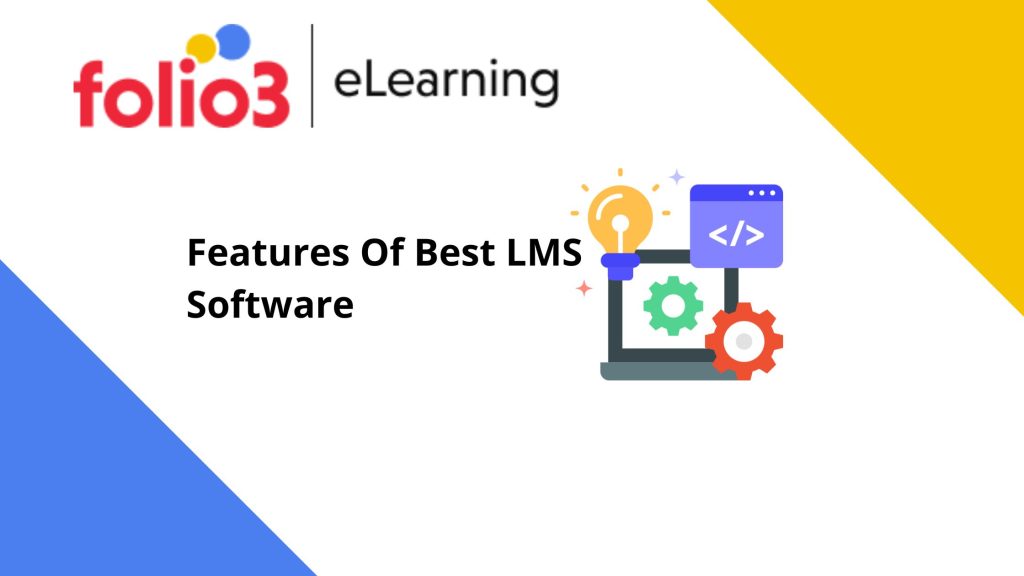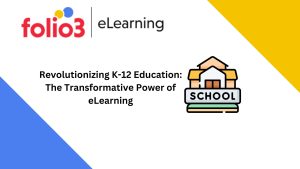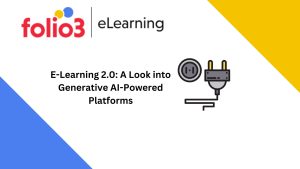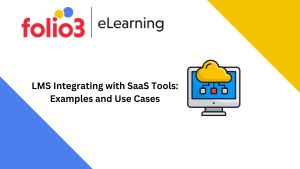
Overview Of The Best LMS Software
So, you’re searching for the best LMS software and need to make certain you get the right tools for the employment opportunity? Find a platform that will serve as the hub of your complete learning ecosystem, energizing students and boosting company growth.
To say it simply, you must have LMS. By reducing the amount of time spent performing manual administrative duties, an LMS speeds up the delivery of training. By allowing you to quickly create, manage, and track all of your training in one location, LMSs make your life easier.
The pieces that make up a great LMS are its features which are the true highlights of our article today. But first, let’s start with the basics by defining what the best LMS software is.

What is Learning Management Software?
A learning management system is a piece of software that businesses use to plan and present learning chances. The best LMS software ought to assist an organization’s training initiatives by streamlining these two crucial tasks, much like the numerous pieces of software we all use daily, like Google Docs for content creation or QuickBooks for accounting:
a server that enables these fundamental tasks to be completed by L&D experts.
a UI that administrators, trainers, and learners all use.
8 Main Features of Best LMS Software
The ability to seamlessly combine an LMS with other systems, such as talent management platforms or association management solutions, allows L&D professionals to add crucial course completion data to learner information.
- Compliance
Compliance with corporate or governmental policies is crucial for many companies. This entails making sure the right people receive the right training at the appropriate time and that students are properly evaluated for their comprehension and knowledge of regulatory requirements. A top LMS should be able to monitor and record training activities and notify management when problems occur as an added measure of security for the business.
- Automated Notifications And Alerts
Without the required oversight, managers and L&D specialists cannot accurately identify a learner’s requirements even when using a packed with features learning management system. Automated alerts and notifications are crucial LMS features that make sure trainers and managers remain apprised of how their students have been interacting with and finishing course materials. An LMS can give input to the appropriate parties at the appropriate moment by notifying trainers of a user’s completion rates and auto-alerting learners about the training deadlines.
- Maximum Security For Hosting Options
Irrespective of the LMS vendor, data security procedures need to be set up to guarantee that confidential business data is secure. Single-tenant solutions can give you the security and freedom you need to educate students while reducing the likelihood of data breaches. A single-tenant server, in contrast to a multi-tenant LMS, only serves one tenant, who has exclusive access to and more control over the data, privacy, and storage.
- Tracking Data
Learning specialists can better comprehend how learners and courses are performing when they have access to stored data that allows them to follow a learner’s progress. This makes it easier for L&D professionals to plan and monitor their training initiatives. Additionally, being able to spot areas where students need to improve or those where they thrive speeds up the training process.
Learning specialists can offer a more customized atmosphere for learning by categorizing training materials and labeling them by skill.
The best LMS software must offer flexible reporting and analytics that are in line with your eLearning goals to accurately assess the efficacy of your learning programs. By identifying particular problems to solve, L&D professionals can improve training programs by using graphical representations of learner information and customizable reports. Learning experts can modify their training programs by rapidly spotting patterns. This is crucial for sectors where maintaining compliance is a top concern.
Learning pros can monitor their learners’ engagement with the aid of LMS reports and analytics, but it’s also crucial to evaluate their learners’ retention and comprehension. To achieve this, an LMS needs to support a variety of evaluation tools, such as branching scenarios, simulations, and exam engines. An LMS should enable trainers to give learners immediate input in addition to offering these assessments.
- Trackers For Offline Learning
Learning professionals can discover it difficult to monitor and keep learning data for jobs that call for training and evaluations in a practical environment, such as those that require manual and technical tasks. An LMS should enable L&D professionals to record the outcomes of offline assessments to put this offline learning back online. This is accomplished through the creation of electronic records and the capability to modify and tailor assessment checklists to the precise abilities or techniques that call for an evaluation.
Wrapping It Up!
Your hidden weapon against stagnation is an opportunity for the best LMS software. It gives back to the online world the advantages of face-to-face learning, community, connection, and collaboration. The learning process is genuinely democratized by joint eLearning platforms.
Given the rapid advancements in technology and the in-demand skill sets, businesses are finding it difficult to maintain their training programs current. You can train workers with the aid of a learning management system. The best LMS software will assist you in developing a more extensive learning culture within your business.

FAQs
A learning management system has numerous roles, but its main goals are to train users and staff and cut training expenses. An LMS functions more efficiently with the aid of LMS features, that have been integrated into a learning management system.
A good LMS enables administrators to keep track of employee progress, examine analytics, and reassess the effectiveness of their learning initiatives. LMSs are also utilized by learning administrators to oversee corporate training initiatives. To distinguish between teachers and students, they give various users varying roles and permissions.









